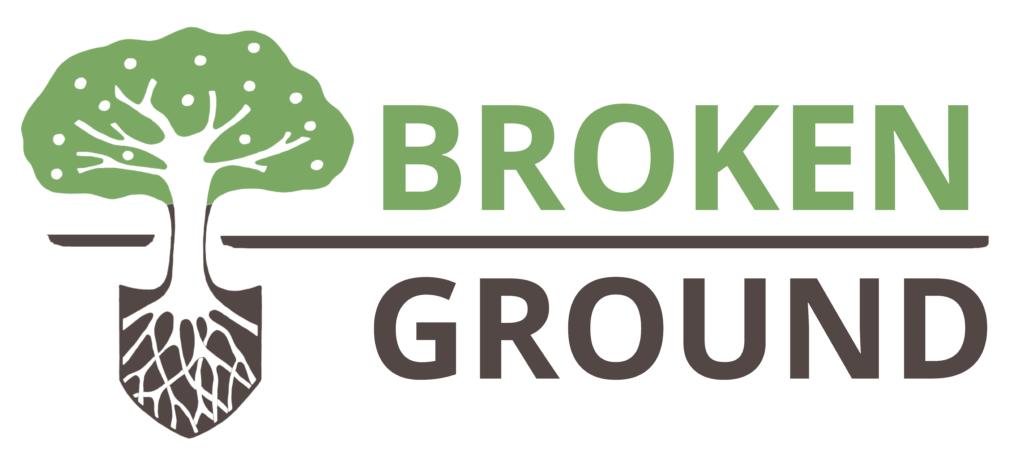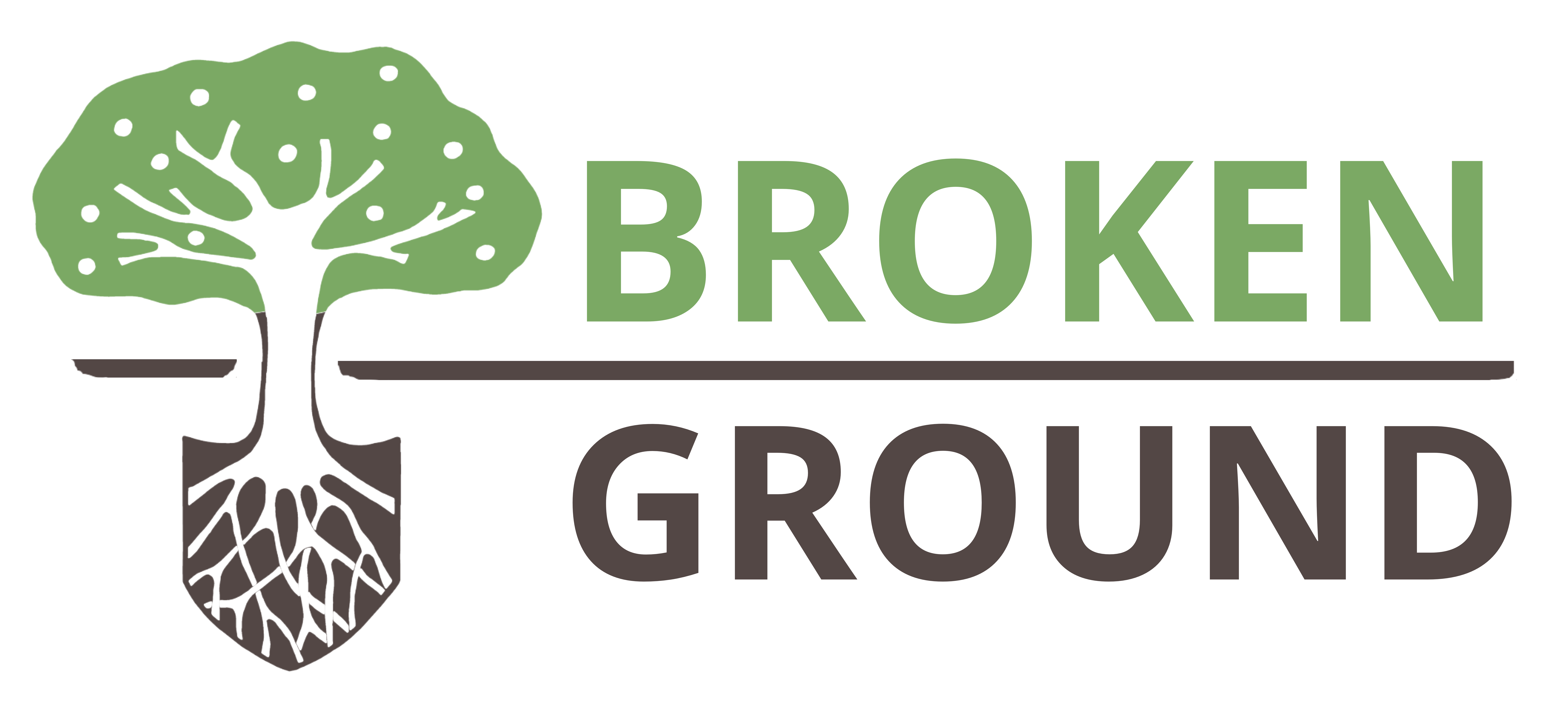Happy New Year!
I hope you had a wonderful holiday season filled with meaningful connection, delicious food, and some down time.
Though I always like to enter a new year with hope, energy, and positivity, I have to say that listening to the news every day often counters those feelings. The top news headlines today include the US government shutdown, the opioid crisis, glaciers retreating in Central Asia, and the attack on US troops in Syria. Not exactly uplifting stories.
I have often wondered what this world would look like and how different we would all feel, if the morning news included reports of land restoration, of building community, of job creation in a green economy, of local farmers growing organic food. I know these stories are happening, they just aren’t reported nearly as often.
That’s why I wanted to share the three inspiring books that I’m reading this winter. When the good news doesn’t come to us, we have to seek it out.

1. Braiding Sweetgrass: Indigenous Wisdom, Scientific Knowledge and the Teachings of Plants by Robin Wall Kimmerer
This is an incredible book and will make you want to wander in the woods or dig in your garden. As a botanist but also a Potawatomi woman, Kimmerer weaves science together with indigenous teachings to show us how the natural world brings us so many gifts and lessons.
From the gift of strawberries, to harvesting maple syrup, to the three sisters garden and picking sweetgrass, the storytelling is exquisite. It’s a true reminder of our connection to the natural world, the reciprocal relationship that we need to rediscover, and an inspiration to continue the work of restoration, for the land and for ourselves.

2. Fertile Edges: Regenerating land, culture and hope by Maddy Harland
Maddy Harland is the editor of the Permaculture Magazine International, an incredible resource for anyone wanting to learn more about permaculture. Fertile Edges is a compilation of her editorial articles over the past 25 years of the magazine’s publication, chronicling the rise of permaculture and the positive developments of this global movement, amidst the backdrop of the environmental crises facing us.
This book embodies the whole impulse of permaculture, to be aware of the challenges ahead but to stay firmly grounded in and to act on the myriad solutions that are available to us. As Harland describes in the book, this is the essence of permaculture: applied positive vision.

3. Drawdown: The Most Comprehensive Plan ever Proposed to Reverse Global Warming, edited by Paul Hawken
This book should be required reading in every high school across the planet. I think we would cultivate a different future for ourselves if every young person were aware of the solutions presented in this book. Compiled by a 120-person Advisory Board of prominent geologists, engineers, agronomists, biologists, economists, climatologists, and botanists, Drawdown outlines 100 solutions to reverse global warming. These are solutions that are currently in practice worldwide. The book ranks each solution’s impact based on CO2 reduction, its net cost, and its lifetime savings. There is also a really great website connected to the book.
Wouldn’t you know, 8 out of the top 20 solutions are related to food. From reducing food waste, to eating a plant-rich diet, to regenerative agriculture and managed grazing, there is so much that we can do in our local communities to have a significant impact. It’s the good news we need and a kick in the pants to expand what we are doing.

Not to worry, I also read novels, but these are the books that have me inspired in the new year to continue helping people grow gardens and design self-reliant homesteads.
The prognosis can often seem pretty bleak, but these three books are great reminders that there are so many victories happening in the world that go unnoticed.
We know that if we live from fear, we can be controlled by it. Yet if we have the sense that the majority of humanity is working towards a better future (which it is), then we have agency, we have motivation, and we have hope.
I hope you’ll continue to join me on this journey.
Happy reading!
Kareen


